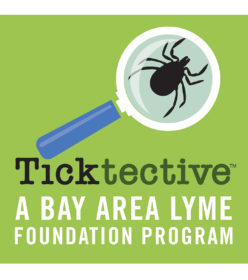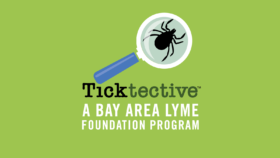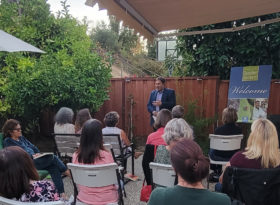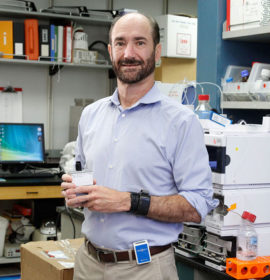Ticktective Podcast Transcript
In this conversation with Dana Parish, Todd Maderis, ND, talks about his extensive experience treating tick-borne infections, chronic viral infections, mold illness, and other conditions associated with complex chronic illness. He underscores the significance of identifying the root causes of symptoms and how tailoring individualized treatment approaches is key to healing. Dr. Maderis also delves into the role of trauma in chronic illnesses and emphasizes the importance of gut healing and inflammation reduction through dietary choices. Dr. Maderis acknowledges the challenges involved in addressing chronic diseases and stresses the importance of a personalized, patient-centric approach.
“I think a lot of times in conventional medicine, we don’t think beyond the room that we’re sitting in with a patient, we have to ask about the environment. We have to look at more than just the symptoms the person’s presenting with in the office.”
– Todd Maderis
 Dana Parish: I am so excited today because I’m here with Dr. Todd Maderis. Thank you so much for being here today. I’m thrilled to talk to you. Let me tell you a little about Dr. Maderis. He’s the founder and medical director of Marin Natural Medicine Clinic in the San Francisco Bay Area. He specializes in treating tick-borne infections, chronic viral infections, mold illness, and other conditions associated with complex chronic illness such as Mast Cell Activation Disorder, and ME/CFS. His approach to treating chronic illness is to identify all underlying causes of symptoms to provide a clear direction for treatment. With over a decade of experience treating Lyme disease and complex chronic illness, he knows that every patient is unique and requires individualized treatment therapy. Welcome! It’s great to see you!
Dana Parish: I am so excited today because I’m here with Dr. Todd Maderis. Thank you so much for being here today. I’m thrilled to talk to you. Let me tell you a little about Dr. Maderis. He’s the founder and medical director of Marin Natural Medicine Clinic in the San Francisco Bay Area. He specializes in treating tick-borne infections, chronic viral infections, mold illness, and other conditions associated with complex chronic illness such as Mast Cell Activation Disorder, and ME/CFS. His approach to treating chronic illness is to identify all underlying causes of symptoms to provide a clear direction for treatment. With over a decade of experience treating Lyme disease and complex chronic illness, he knows that every patient is unique and requires individualized treatment therapy. Welcome! It’s great to see you!
Todd Maderis: Thank you for having me. It’s great to be here.
Dana Parish: How’d you get into this mess?
Todd Maderis: Gosh, that’s always a great question. You start going down a rabbit hole and sometimes you wonder, but I wouldn’t change a thing. My first five years of practice, I was treating people with common complaints: digestive issues, fatigue issues, thyroid issues, etc. I’m a naturopathic doctor, so we tend to see people that come with common complaints that maybe they’re not getting resolved in conventional medicine. Then one visit, I had a patient that brought in a Lyme disease test result. It was an iGenex test, but back then the results were pretty hard to interpret.

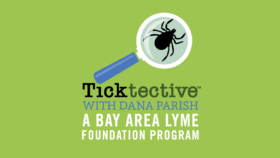
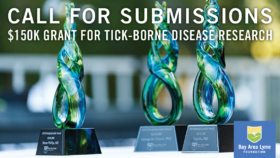
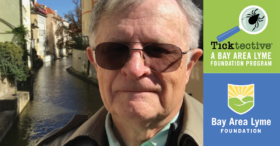
 Robert Bransfield: Well, not enough. If you look at the old views of what caused psychiatric issues, it was thought to be demonic possession. Then we blamed our mothers, and then we blamed serotonin. It doesn’t quite make sense (to people) that there’s something that causes psychiatric illness. But these illnesses don’t just come out of nowhere.
Robert Bransfield: Well, not enough. If you look at the old views of what caused psychiatric issues, it was thought to be demonic possession. Then we blamed our mothers, and then we blamed serotonin. It doesn’t quite make sense (to people) that there’s something that causes psychiatric illness. But these illnesses don’t just come out of nowhere. 